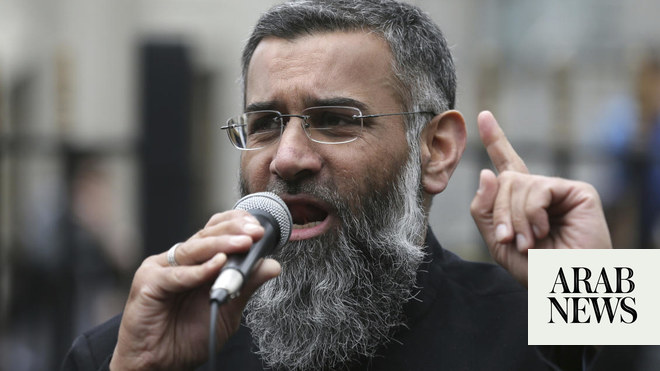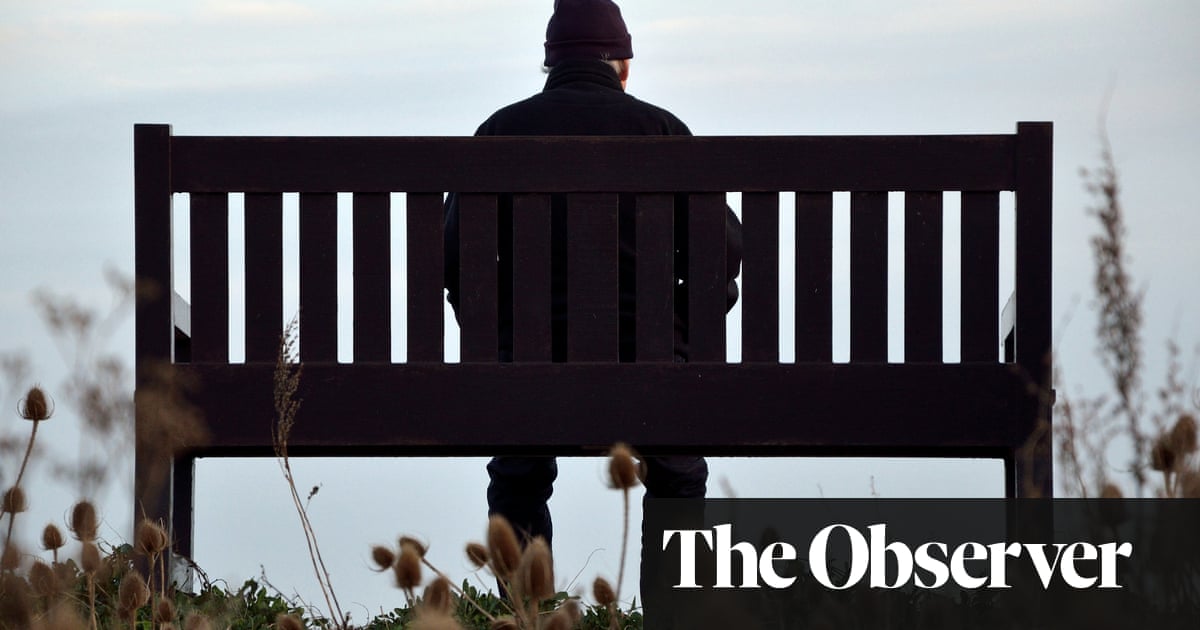
A Google search for “British Muslim spokesperson” will bring as the top result Anjem Choudary, one of the UK’s most dangerous radical preachers, who helped recruit hundreds of British Muslims to join Daesh in Syria.
This absurd misrepresentation should do more than raise eyebrows. It not only demonstrates the unwillingness of tech companies to ensure that violent rhetoric is demoted online, but shows how tech giants are directing their users to hateful preaching.
More than seven months ago, Sir Mark Rowley, the former British police chief in charge of counterterrorism, sternly admonished Google’s granting of Choudary such a high ranking. Since then, Google has done nothing.
The search engine giant’s algorithms are designed to sensationalize news stories to boost viewership, but this clickbait tactic contravenes any balanced attempt to inform readers. As a result, extremist views are more likely to appear in internet searches, reaching more viewers and in effect giving hate preachers free, global publicity.
As the leading search engine, Google has a responsibility to educate and promote content that does not normalize violence or misrepresent a valuable and diverse faith group
Muddassar Ahmed
Irrespective of political leaning or religion, people are fed up with the hateful ideology that the likes of Choudary espouse. As Brits, and as Muslims especially, we know that the distortion of Islam increases Islamophobia.
It is no surprise that more than a third of Brits now believe Islam is a threat to the British way of life. This vilification of Muslims isolates the very communities we need to enfranchise. It misconstrues our identities, hijacks our beliefs and draws people in the wrong direction.
Two years ago, the senseless Westminster terror attack left five innocent people dead and more than 40 injured. Horrified by the attack, I started a campaign to raise money for the victims, called Muslims United for London, joining forces with British Muslim MPs Naz Shah and Yasmin Qureshi.
At the time, I wrote that the only martyrs were the victims, and the only jihad fought was that of the ambulance crew. But for me, condemning the attacks was not enough. The Muslims United for London campaign demonstrated that I was not the only British Muslim to feel this way. The campaign raised £18,000 ($22,660) in one day, and met its £30,000 goal in three, with more than 1,000 people donating money directly to those affected by the atrocity. The results of the campaign are typical of what British Muslims contribute to UK society, and illustrate the very opposite of what Choudary and his ilk promote. British Muslims donate more to charity than any other demographic group in Britain. We contribute £31 billion to the UK economy, with my own company being just one among 13,000 thriving Muslim businesses in London alone.
London Mayor Sadiq Khan, Baroness Sayeeda Warsi, actor Riz Ahmed and fashion blogger Dina Tokio are a few of the commonly known Brits who do far more to deserve the title “British Muslim spokesperson” than the likes of Choudary.
Yet achievements such as theirs very rarely hit the top of search results when looking up “Muslims” or “Islam.” Instead, if a search does not end up promoting hate preachers such as Choudary who distort Islam from within, it often leads to webpages that defame Islam from without. Such websites include Jihad Watch, run by Robert Spencer, the notorious extremist banned by the UK government since 2013; the Investigative Project, run by Steve Emerson, who was behind the myth of Muslim no-go zones in Britain; and the Center for Security Policy, founded by Frank Gaffney, who has endorsed and hosted white supremacists. The list goes on. Such platforms routinely demonize some of the world’s leading voices of moderation in the Islamic world, labelling all efforts by Muslims inspired by the Islamic faith as extremist deception. The good work done by countless Muslim organizations to combat misreadings of jihad, promote gender equality and bring diverse faith and non-faith communities together is described as a conspiracy to infiltrate societies and terrorize them by stealth.
Despite the rampant fake news on these sites, their popularity means that Google continues to elevate them, driving a self-reinforcing cycle of viral disinformation that repeatedly pushes the same toxic message: Muslims and Islam are a threat to the West.
As the leading search engine, Google has a responsibility to educate and promote content that does not normalize violence or misrepresent a valuable and diverse faith group. Spoilt for choice on positive British Muslim spokespeople, why are hate preachers continuously given the platform they are looking for?












